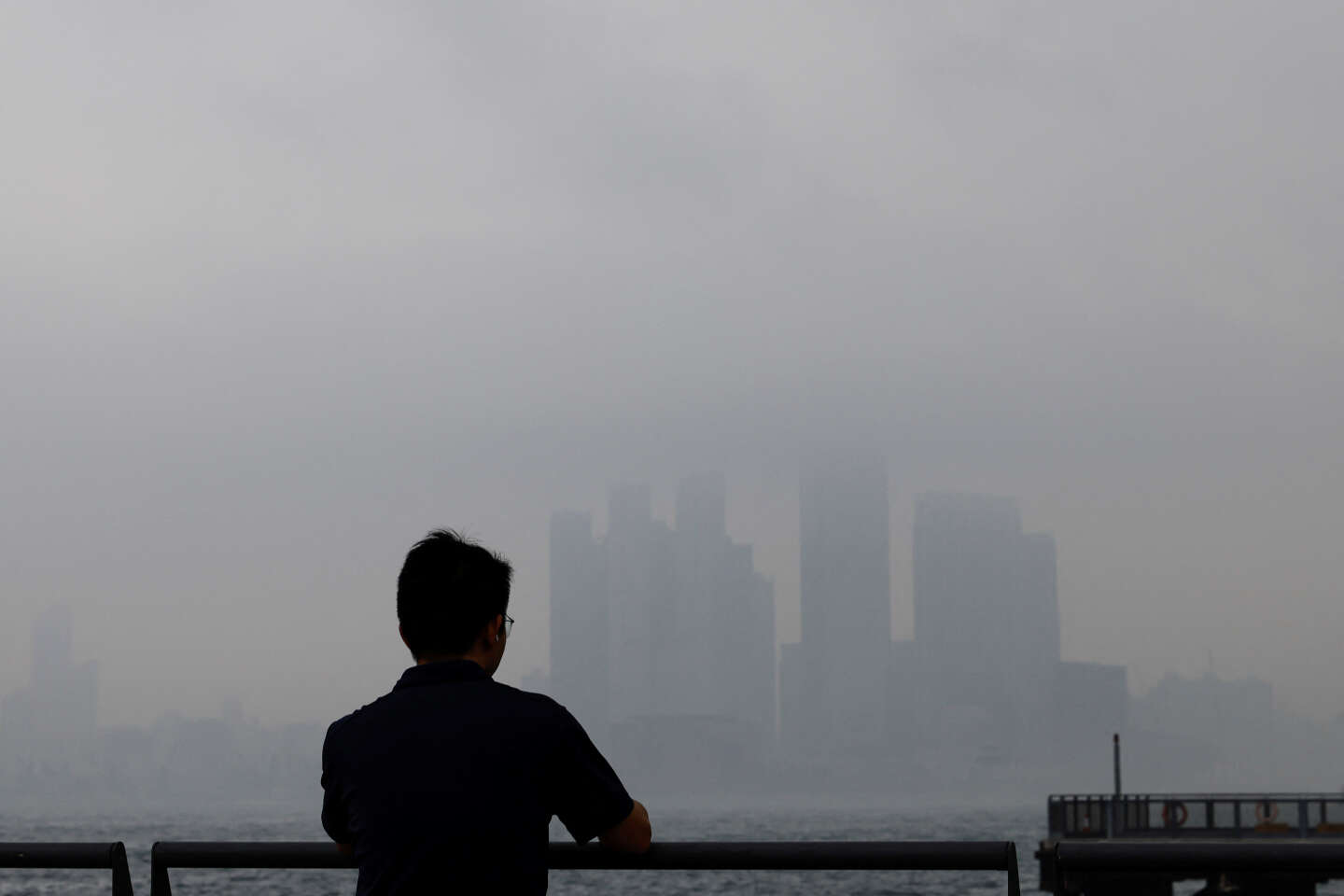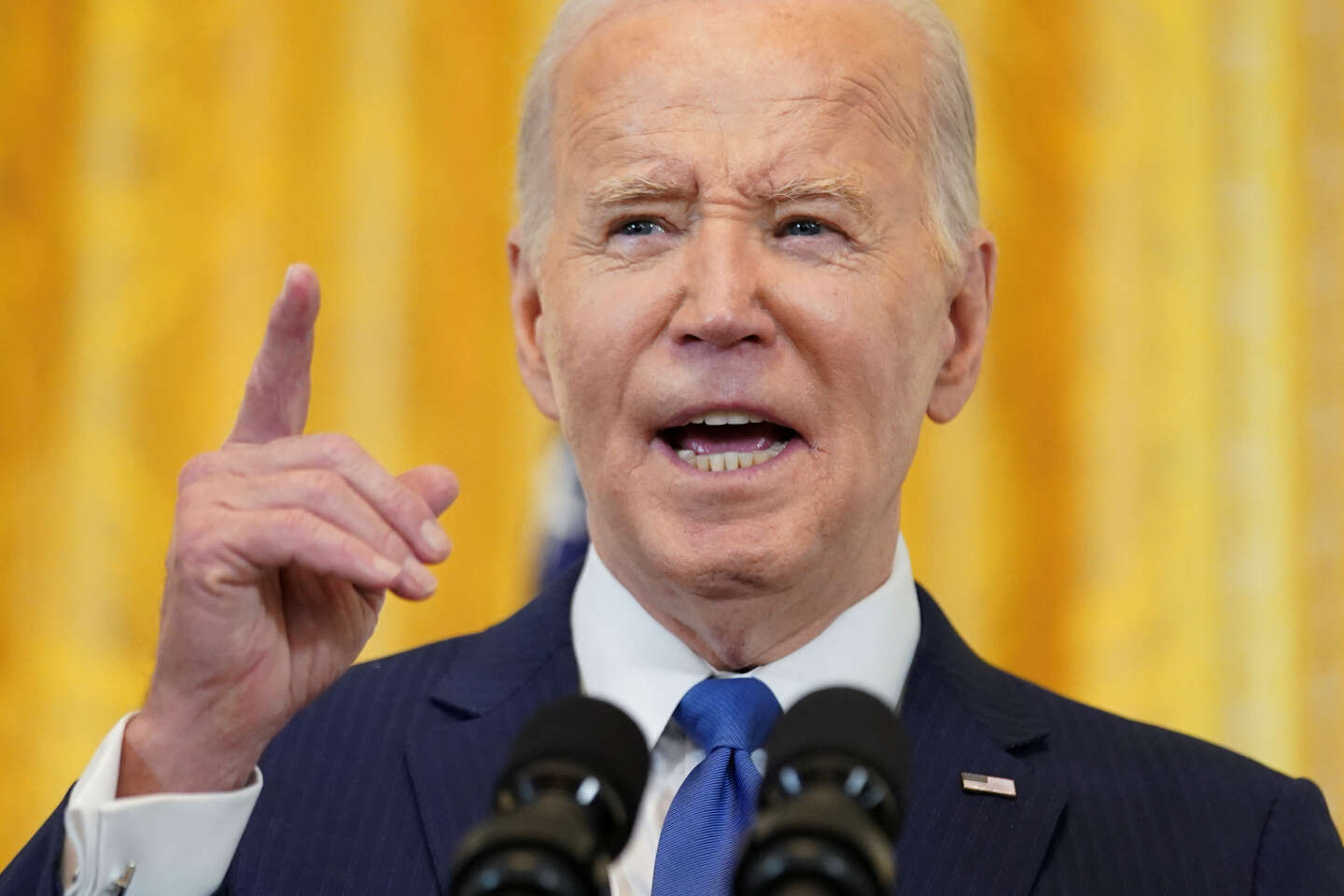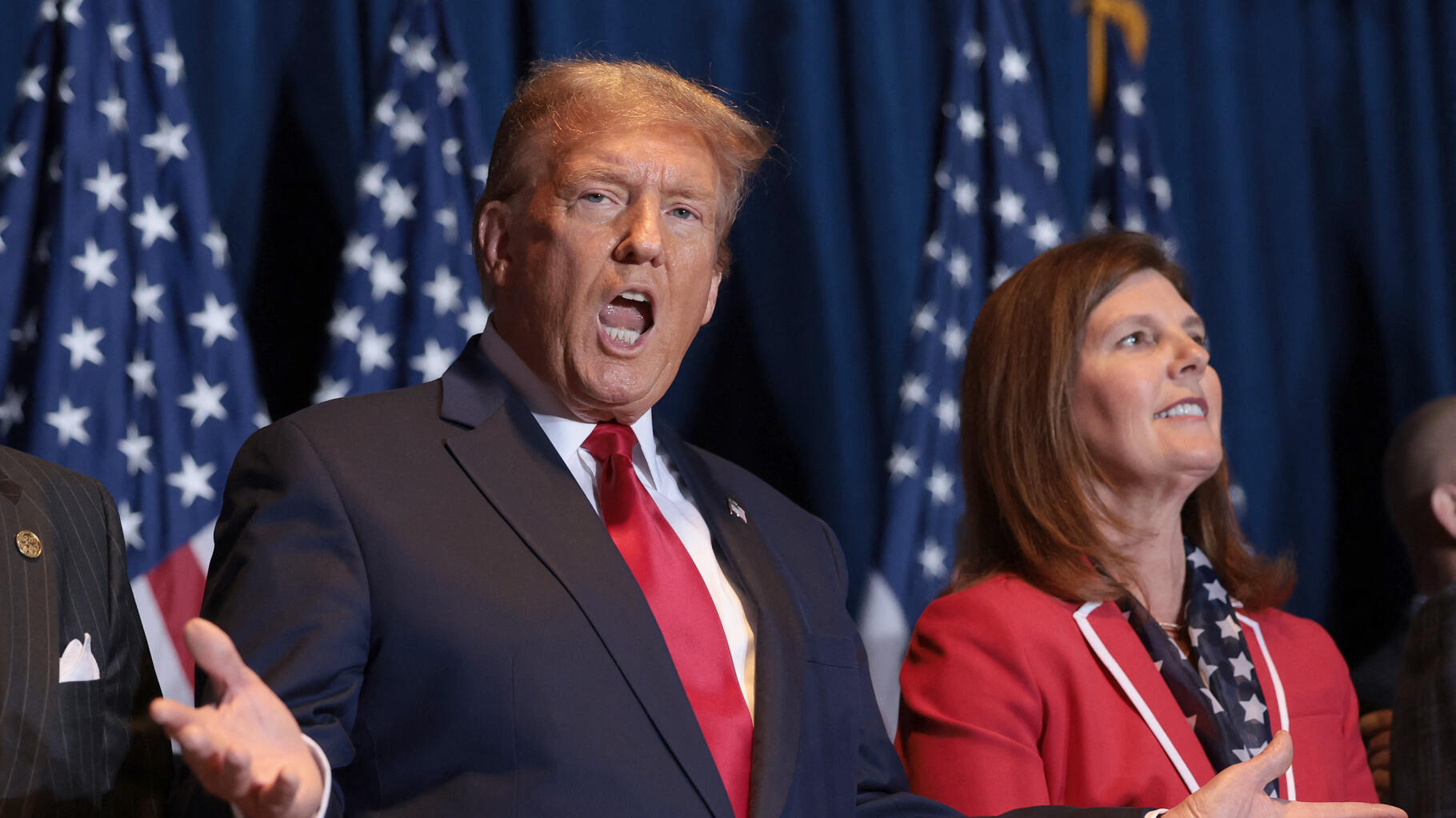Hong Kong introduces its new national security law, complementing the one imposed by China in 2020

Hong Kong authorities unveiled their new national security law on Friday, March 8, which provides for life imprisonment for crimes such as treason and rebellion.
The text is supposed to complement the national security law imposed by Beijing in 2020 following the massive 2019 pro-democracy protests in Hong Kong. It lists five new categories in addition to crimes punishable by the 2020 text: treason, rebellion, espionage, sabotage and foreign intervention.
The bill proposes that treason, rebellion, sabotage endangering national security and inciting members of the Chinese military to revolt should be punishable by life imprisonment.
The text also plans to expand the concept of “treason” – which dates back to the British colonial era – to dissatisfaction with the communist leadership and the Chinese socialist system. He has also proposed making these “treason” offenses more punishable by increasing the maximum sentence from two to seven years.
Under the bill, Hong Kong authorities will be able to ask a court to detain a person without charge for up to 16 days and bar them from consulting a lawyer during the period of their detention. As of the 2020 text, this new national security law would apply to alleged crimes committed abroad.
Fear over freedom of expression
The text also proposes to adopt a new definition of “State Secrets” – Not just technology, either “Major Political Decisions” And “Economic and Social Development of the City” – and also criminalizes the acquisition and possession of such information.
Hong Kong authorities announced the contents of the new bill after a month-long public consultation that ended on February 28. This was scheduled to be presented to the City Legislative Council (LEGCO) on Friday morning.
Hong Kong Chief Executive John Lee said that there is a “General Consensus” Among Hongkongers to adopt the law “as soon as possible”. According to Hong Kong authorities, about 99% of the 13,000 people asked during a public consultation expressed their support for the creation of this new law.
Journalists’ associations, human rights organizations, foreign companies and diplomats, for their part, have expressed their serious concerns about the text, fearing that it will further restrict freedom of expression.





